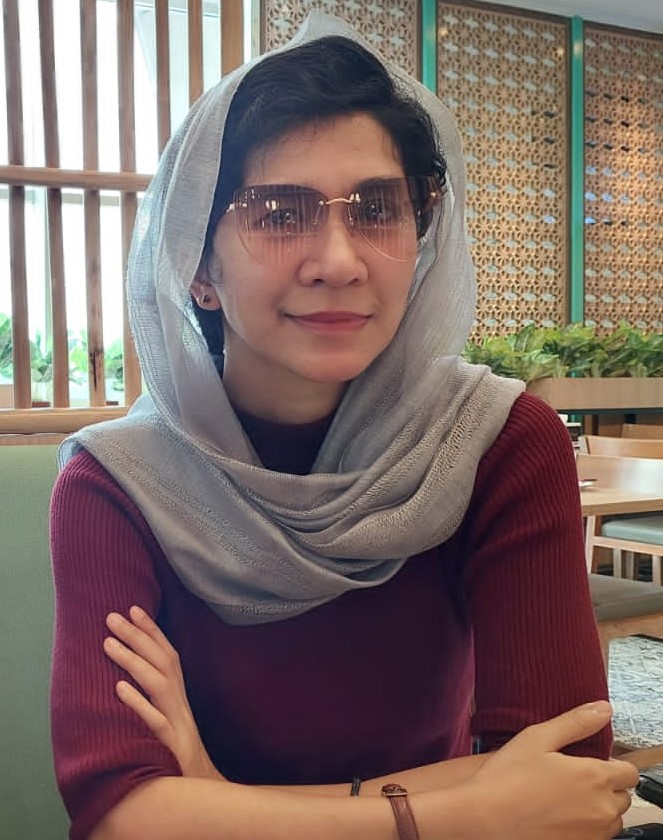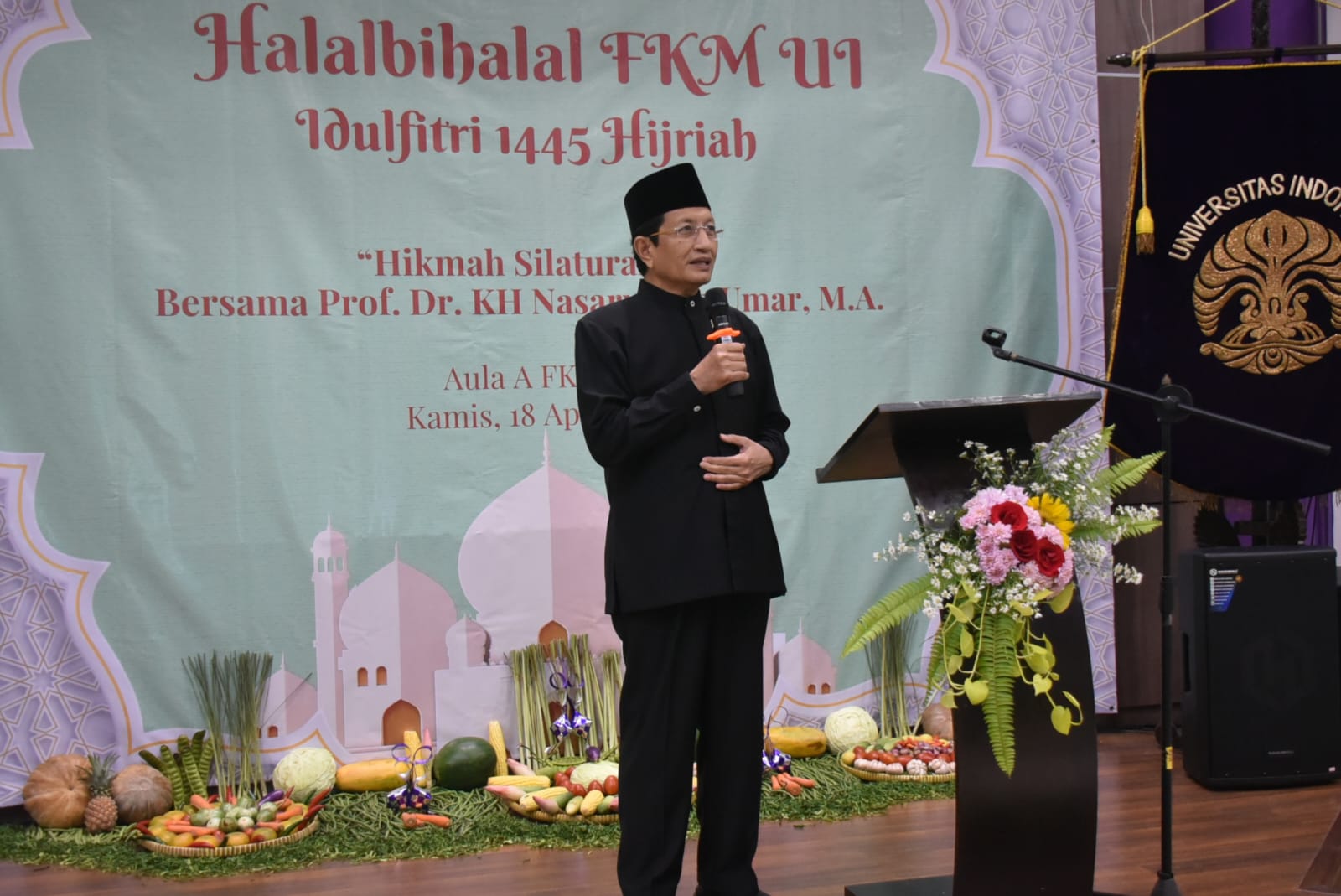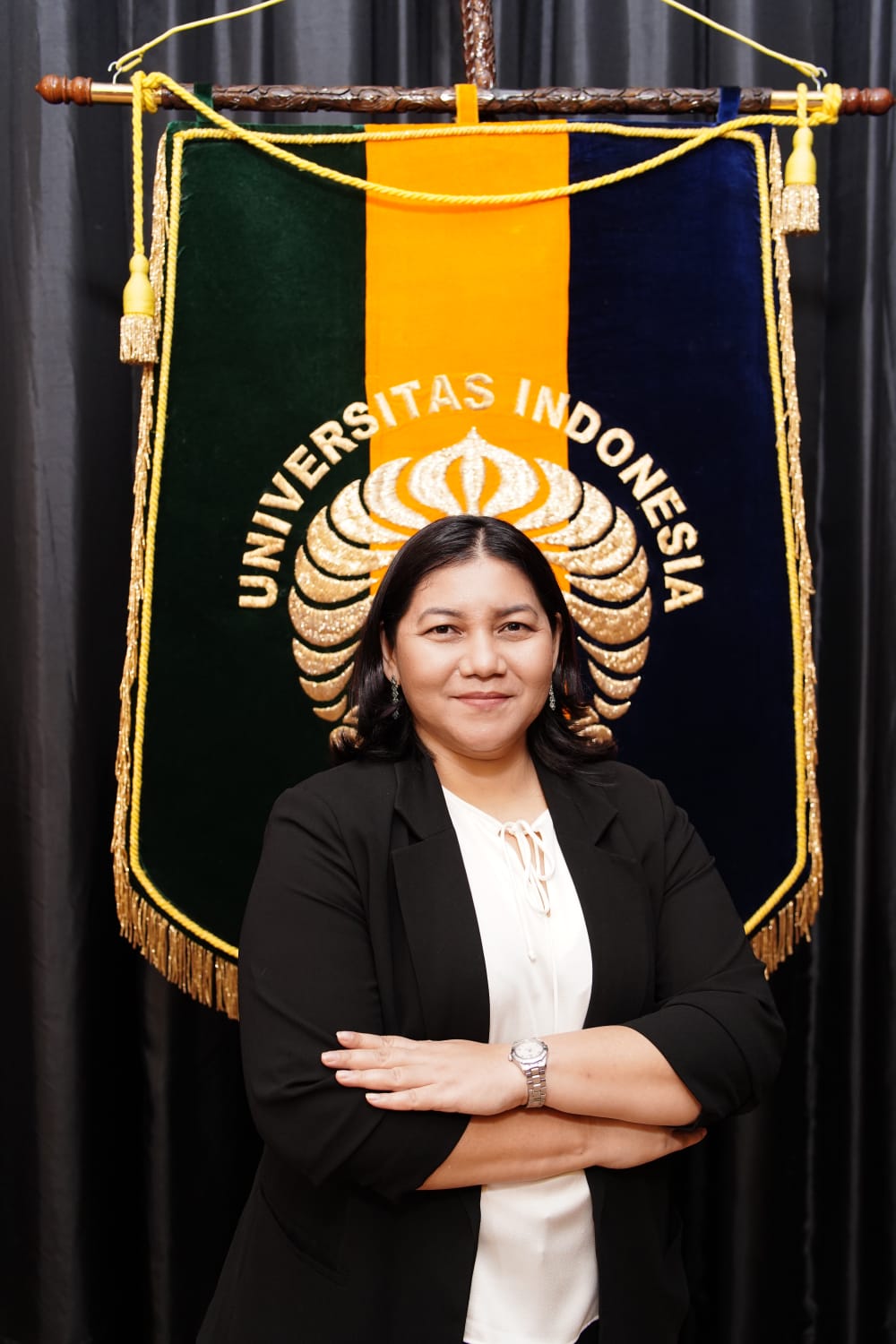Elgrytha Victoria Tybeyuliana, Fathiya Alisa Zahrandika, Fikri Irfan Mahendra, Juan Fidel Ferdani, and Nada Laili Nurfadhilah, students from class of 2019, the Department of Civil and Environmental Engineering, Faculty of Engineering, Universitas Indonesia (DSTL FTUI) with Environmental Engineering lecturer of FTUI Dr. Nyoman Suwartha M.T., M. Agr. offered an innovative graphene-based filtration membrane for desalination method. They conducted research on the effectiveness of graphene membranes as an innovation to be implemented in desalination technology, which hopefully it will be useful in overcoming the water crisis in Jakarta. The innovation brought to the international level scientific work competition which was attended by 356 teams from various countries led them to win Gold Medal in World Science, Environment, and Engineering Competition (WSEEC) 2022.
The research results are outlined in a scientific paper entitled “GO-FILTER: Sea Water Desalination Based on Graphene Oxide as a Water Treatment Innovation in Jakarta”. “Currently, the increase in water pollution in Jakarta has started to trigger a water crisis. In several areas, groundwater is no longer an alternative source of water due to land subsidence and seawater intrusion in Jakarta. Utilization of seawater as Jakarta’s water source using the desalination method appears as an alternative solution. However, this method requires quite a large amount of money as well as the reverse osmosis process and multilevel distillation methods that lead to an increase in greenhouse gases,” said Dr. Nyoman Suwartha, who is also the Education Manager of FTUI.
The innovation of graphene-based filtration membranes — thin nanomaterial membranes — as desalination membranes has several advantages compared to other existing similar technologies. “Graphene membranes can separate white crystalline compounds of NaCl from seawater with significant water fluxes. Graphene membranes can save energy as much as 15% from seawater treatment and 50% from brackish water treatment. With high efficiency, graphene membranes can process seawater for raw water sources with higher permeability and more economical prices,” said Juan, the team leader.
The research was conducted in Kamal Muara Sub-district as an object of study because the area has a very concerning issue of water availability. The majority of Kamal Muara’s residents work as fishermen, although some have begun to switch to other sectors as a result of declining incomes from the fishing sector.
In their research, the FTUI team presented an overview of the use of this innovation from social, environmental, and financial aspects. “From the research, we can conclude that the application of graphene oxide-based desalination innovation can produce clean water that meets the capacity needs of the local community. The clean water produced is 50,000 m3/day with a production price of IDR 1,000/m3. This price is cheaper than the water sold by water traders,” said Nada explaining the advantages of her team’s innovation.
“Water treatment using graphene membranes can overcome the problem of water crises and utilize seawater as a natural water source. If this innovation is implemented with careful planning, besides being eco-friendlier, it can also improve the economic welfare of the local community and create job opportunities for the community,” said Dean of FTUI Prof. Dr. Heri Hermansyah, ST., M.Eng., IPU.
This international-level scientific work competition is organized by Indonesian Young Scientists Association (IYSA), an organization specifically engaged in research and scientific work, to play a role in facilitating students to compete in the industrial world 4.0. The competition was held from June 20 to July 21, 2022 and was attended by 356 teams from various countries around the world, such as Indonesia, the Philippines, South Korea, Turkey, Mexico, Malaysia and Thailand.



